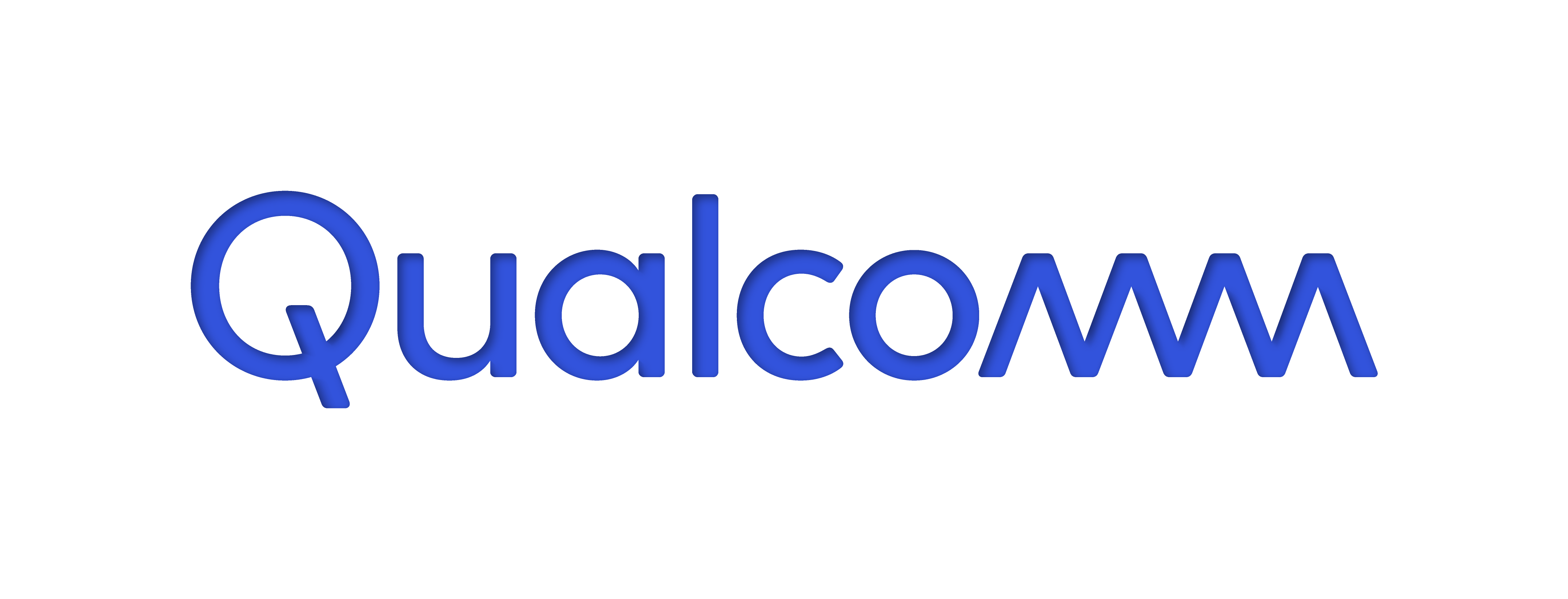Qualcomm’s 2023 Corporate Responsibility Report: Environmental Management in the Supply Chain

Originally published in Qualcomm's 2023 Corporate Responsibility Report
Each of our primary semiconductor manufacturing suppliers is required to have an ISO 14001-certified environmental management system, and in 2023, all such suppliers reported meeting this requirement. We work with these suppliers at multiple stages of design and manufacturing to monitor their conformance to applicable environmental laws and help adherence to various environmental initiatives.
On an annual basis, we assess current and future water risks at the global and local levels, using the World Resources Institute (WRI) Aqueduct™ tool. The combination of the use of this tool with internal Company knowledge and guidance from external consultants has helped us to better understand physical water risks in our operations, including our supply chain.
Annually, we survey our direct manufacturing suppliers and receive water use and GHG metrics that allow us to set benchmarks and strategize future corporate responsibility initiatives. These suppliers have shown effectiveness in many areas of corporate responsibility, particularly in product environmental governance and resource management. Many of these suppliers have set targets for reducing water consumption and mitigating GHG emissions, and we work alongside them to, where possible, help them achieve their goals. To support continued effectiveness, we’ve designed corrective action processes, including the potential removal of deficient suppliers from our supply chain.
We also evaluate physical risks in our supply chain. In 2023, we conducted our second climate scenario analysis (CSA) where we held interviews and modeled climate change related risks, inclusive of our value chain. More on our CSA can be found in our TCFD Index.
We believe in helping our suppliers build greater knowledge of corporate responsibility issues, such as human rights, responsible minerals sourcing and selecting less harmful substances for manufacturing. We share our knowledge through on-site visits, business meetings, written communication and other efforts.
In 2023, for example, we worked with several of our primary semiconductor manufacturing suppliers in Taiwan to discuss Qualcomm’s netzero commitment, opportunities for deploying renewable energy and projects to realize GHG emission reductions. Also, we completed our Taiwan Sustainability Collaboration Project that aimed to help suppliers add renewable energy capacity and which led suppliers to add up to 300 percent in additional funding for their renewable energy commitments.

